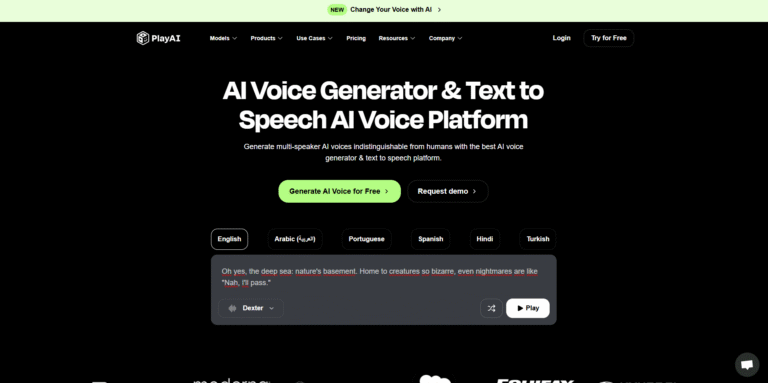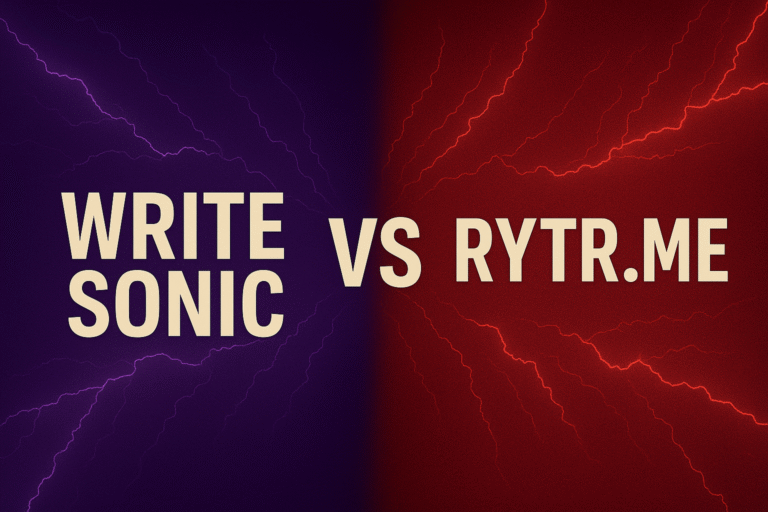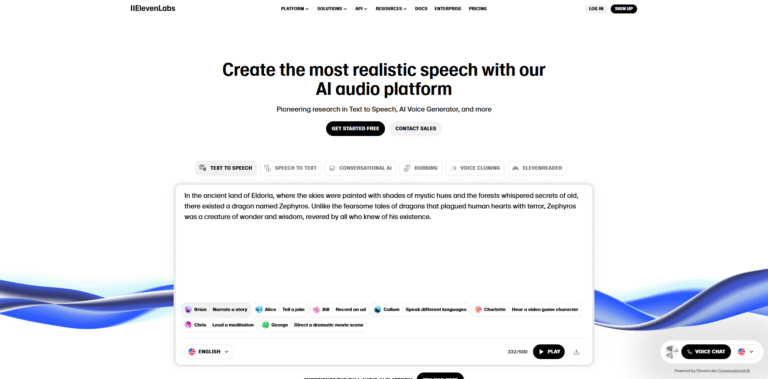AI creation tools have become a cornerstone of digital innovation, and nowhere is this more evident than in how we craft and deliver content. In recent years, AI writing tools evolved from novelties to essentials, changing how creators plan, write, and share content.
In 2025, the content landscape looks vastly different from just a few years ago. With tools like ChatGPT, Jasper, Writesonic, and Frase leading the charge, creators are now leveraging machine learning to streamline everything from ideation to publication. These AI creation tools are not only saving time—they’re also enabling a new level of precision, personalization, and performance in content strategies.
This blog explores how AI writing tools are reshaping the core pillars of content marketing. We’ll look at their impact on planning workflows, their growing role in SEO optimization, and how they enhance audience engagement like never before. Whether you’re a solo creator trying to scale your blog or a content strategist at a growing agency, understanding the role of AI in 2025 is no longer optional—it’s essential.
Our Top List of AI Writing Tools
The Evolution of Content Strategy
Before AI: A Slower, Manual Approach
Not long ago, content strategy was largely manual, time-consuming, and heavily reliant on human intuition. Marketers and creators would spend hours researching keywords, analyzing competitors, drafting outlines, and writing long-form content from scratch. Planning a single month of blog content often involved extensive meetings, spreadsheets, and editorial backlogs.
The Shift in 2024–2025: Speed, Personalization, and Scale
Fast forward to 2025, and the shift is undeniable. AI creation tools have accelerated the content lifecycle, making it faster and more data-driven than ever before. What once took days can now be done in hours—or even minutes. AI now helps create content based on live trends, user behavior, and what people are searching for online.
Personalization has also taken center stage. Instead of generic posts aimed at broad audiences, AI allows creators to tailor content for specific reader intents, demographics, and funnel stages. This level of customization wasn’t feasible at scale before AI entered the scene.
Challenges with Traditional Methods
Traditional content strategies faced numerous bottlenecks: tedious keyword research, unpredictable timelines, inconsistent quality, and the struggle to keep up with SEO best practices. Additionally, human limitations in data analysis often led to missed opportunities.
AI is not just improving content strategy—it’s redefining it. As we’ll explore in the next sections, tools powered by artificial intelligence now assist at every stage of the content journey, from planning to publishing and beyond.

The Role of AI Creation Tools in Modern Content Planning
How AI Creation Tools Simplify Topic Generation and Keyword Clustering
Gone are the days when brainstorming content ideas involved guesswork or endless competitor research. Today’s AI creation tools like ChatGPT, Frase, Scalenut, and others are revolutionizing content planning by generating relevant topics based on current trends, user queries, and SEO potential. With the help of AI, creators can now uncover keyword clusters that align with their audience’s search intent—making the content calendar not only more strategic but also more effective.
These tools analyze large volumes of SERP data and suggest content angles that are likely to perform. For example, Scalenut’s topic cluster feature allows you to group keywords into themes, helping you build pillar content with supporting articles. Similarly, Frase identifies gaps in your existing content and recommends topics based on what your competitors are ranking for.
Using AI Creation Tools to Build Smarter Content Calendars
AI doesn’t just suggest what to write—it helps plan when and how. Tools like Notion AI or MarketMuse can automate your entire editorial workflow. From assigning content based on performance trends to scheduling posts at optimal times, AI ensures your calendar stays both full and flexible.
This level of automation means that solo bloggers and large agencies alike can maintain consistent output without sacrificing quality. The guesswork is gone—replaced with data-backed decisions.
Real-World Use Cases
For solo creators, AI offers a virtual brainstorming partner. You can ask ChatGPT to give you 10 blog titles around your niche, sort them by search intent, and even generate outlines in seconds.
For content teams or agencies, AI centralizes research and planning. A strategist can generate keyword clusters using Frase, while writers receive optimized outlines preloaded with suggested headings, FAQs, and key points to cover.
In short, AI tools are transforming content planning from a static, linear task into a dynamic, agile process—empowering creators to focus more on strategy and storytelling while leaving the heavy lifting to machines.
Boosting SEO Performance with AI Creation Tools
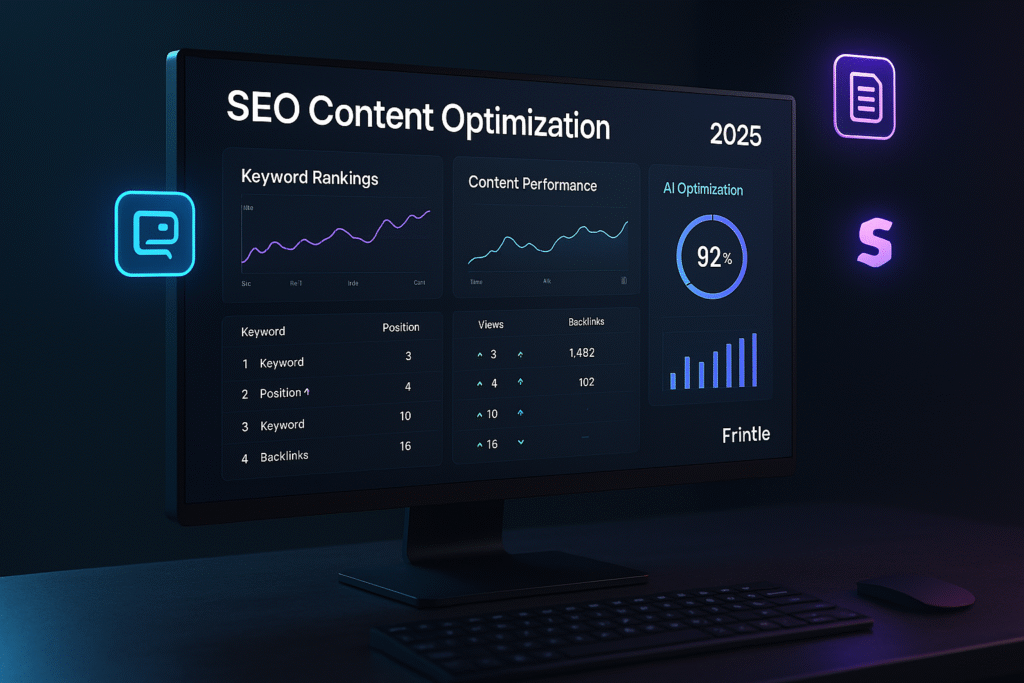
From Keyword Guesswork to Data-Driven Precision
AI creation tools have turned SEO from an expert-only game into an accessible, efficient process for everyone. Instead of spending hours manually researching keywords or analyzing competitors, tools like SurferSEO, NeuronWriter, and Scalenut now provide instant insights based on live SERP data. They suggest high-impact keywords, ideal content length, and even keyword density—all tailored to help you outrank competitors.
Why AI Creation Tools Matter for On-Page SEO Optimization
Another game-changer is AI-generated content briefs. Tools like Frase or SurferSEO can produce outlines complete with headings, questions to answer, internal links, and word count recommendations. These briefs streamline the writing process and keep everything aligned with SEO goals from the start.
AI also assists in on-page SEO tasks like generating meta titles, descriptions, and alt texts—saving hours of manual optimization while boosting visibility.
Why It Matters
Whether you’re a freelancer or managing a content team, AI tools bring clarity and control to SEO. They replace much of the guesswork with real-time data and proven strategies. This shift makes optimization more predictable and scalable. As a result, your content becomes both high quality and easier to discover.
How AI Creation Tools Enhance Audience Engagement
Personalized Content at Scale
In 2025, engagement is no longer just about catchy headlines—it’s about delivering the right message to the right reader at the right time. AI tools now make it possible to personalize content based on user behavior, preferences, and location. Tools like Writesonic and Jasper help tailor tone, language, and even structure based on audience data, ensuring content resonates deeply with specific segments.
Writing for Intent and Voice
Modern AI creation tools are trained to recognize and adapt to different tones, whether you’re writing a casual blog post, a professional whitepaper, or a persuasive landing page. This flexibility helps creators match the intent behind each piece of content—making it more engaging and effective.
Improving Readability and Engagement with AI Creation Tools
Some tools, like Grammarly and Hemingway Editor, provide real-time feedback on sentence structure, clarity, and emotional tone. Others offer engagement metrics and readability scores so creators can tweak their content before it goes live.
With these tools in play, maintaining reader interest has become easier, smarter, and far more data-driven—leading to longer dwell times, lower bounce rates, and stronger conversions.
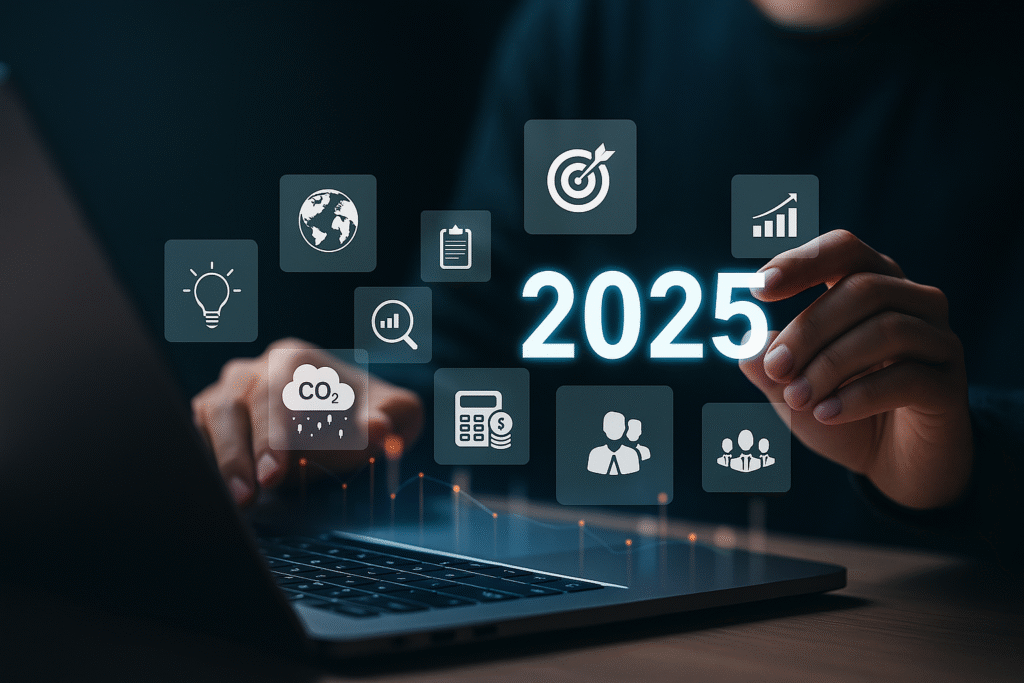
Benefits for Teams vs Solo Creators
Leveling the Playing Field
AI creation tools are bridging the gap between solo creators and large content teams. In the past, scale and speed were advantages only well-funded marketing departments enjoyed. Today, a single creator with access to tools like ChatGPT, Frase, or Writesonic can produce high-quality, SEO-optimized content at a pace that rivals entire teams.
Collaboration Features for Teams
For agencies and marketing teams, AI tools now offer robust collaboration features. Platforms like Notion AI and Grammarly for Teams enable seamless teamwork—allowing content planners, writers, and editors to work together in real-time. Shared content briefs, editing suggestions, and workflow automations help keep everything aligned and efficient.
Freelancers and Agencies Scale with Confidence
Freelancers can now take on more clients without compromising quality, while agencies can serve larger portfolios with fewer resources. Whether it’s batch-generating content ideas or streamlining review cycles, AI enables creators at every level to scale with confidence and consistency.
Ethical Considerations and Limitations
The Need for Human Oversight
While AI creation tools are powerful, they’re not flawless. Without human review, AI-generated content can unintentionally spread misinformation, reinforce biases, or sound overly robotic. That’s why editorial oversight remains essential—especially for industries like health, finance, and education where accuracy is critical.
Originality and Plagiarism Risks
AI tools are trained on vast datasets, which can sometimes result in unintentional content overlap or near-duplicate phrasing. Creators must use plagiarism checkers and ensure their voice remains distinct to maintain originality and brand integrity.
Dependency vs. Creativity
Relying too heavily on AI can also dull creative thinking. Algorithms can suggest what’s popular, but they can’t replace human intuition, storytelling flair, or deep subject matter expertise. The best content strategies in 2025 blend AI efficiency with human creativity, not one in place of the other.
What’s Next: The Future of AI in Content
Smarter, More Integrated Assistants
Looking ahead, AI creation tools are expected to become even more intelligent and tightly integrated with other platforms. AI is starting to link with CRMs and analytics, helping content adjust instantly to user actions and campaign results.
Beyond Text: Multimedia and Cross-Channel Content
AI’s influence won’t stop at blog posts. In 2025 and beyond, expect to see more AI-generated video scripts, podcast outlines, and even interactive media. As these tools expand their capabilities, content creators will be able to repurpose and scale across channels with minimal effort—reaching wider audiences through multiple formats.
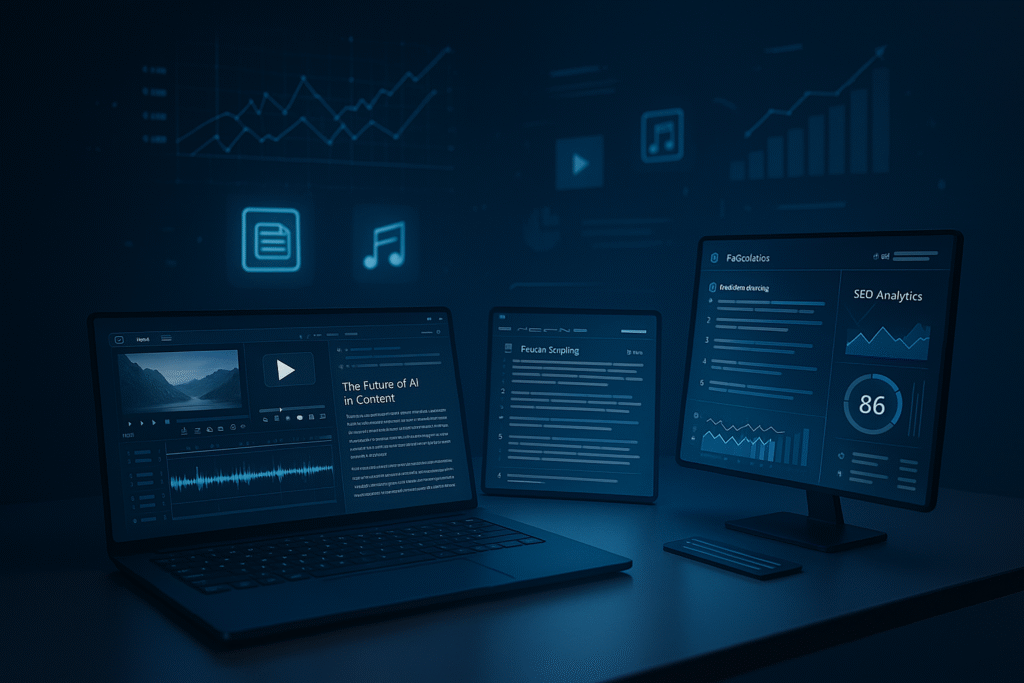
Conclusion
AI creation tools are no longer just add-ons—they’re becoming essential allies in the content creation process. From smarter planning and SEO optimization to more personalized engagement and scalability, AI is reshaping how we think about strategy in 2025.
However, the real magic happens when these tools are paired with human insight, creativity, and ethical judgment. As the landscape evolves, the most successful creators will be those who embrace AI not as a replacement, but as a strategic partner.
Now’s the time to explore these tools, experiment with your workflow, and unlock new possibilities in your content strategy.

